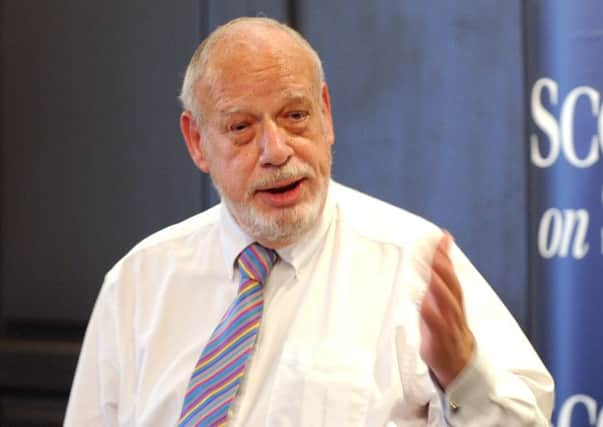Comment: Broken pension promises | Alliance


But we have recently had a blizzard of changes – many of them substantial. And one end result will be a substantial extra tax haul for the government. I am grateful to Alan Steel, award-winning IFA veteran and general financial sage, for the following statistics from his latest newsletter. These vividly demonstrate the pace of change in pensions legislation since his first involvement in the industry in the early 1970s.
Between 1961 and early 1987 there were just ten changes to pensions law. Then, between 1987 and 1999, a total of 74 changes were made by parliament, largely designed to restrict benefits. A promise was made in March 1987 that anyone in a plan prior to that would be secure in the knowledge no future changes would remove their rights. Between 2000 and April 2006, no fewer than 315 changes were made. The most outrageous, in Alan’s view, was what the government called a “New Simplified Tax Regime” in April 2006, when in fact retrospective legislation broke all previous promises.
Advertisement
Hide AdAdvertisement
Hide AdAfter so-called “simplification” there followed, between April 2006 and April 2014, another 176 changes, with more broken promises.
Now, to crown it all, comes yet another 60-page bill on Pensions Reform. Worryingly, Alan comments, this has been almost universally welcomed as a “good thing” as they enabled offered freedom from nasty insurance companies and death taxes.Alan disagrees. “A person aged 65 buying an annuity with a pot up to £100,000 or so (95 per cent of all annuities last year) are unlikely to pay income tax right now. So what happens if folks attracted by the headlines cash in next year? Research suggests around 200,000 intend to, raising an estimated £1.6 billion in income tax!
“So they’re going to free up all pension pots from Inheritance Tax too? What’s to stop them changing their minds later? Look at the hundreds of changes and broken promises over the last 25 years.”
Alliance upheaval
LIFE at Alliance, once Scotland’s biggest investment trust, used to be as quiet as the cemetery it overlooked in Dundee. Today, life is not nearly so cheerful. Since the long unbroken span of Alan Young (1986-2006) no fewer than 12 investment managers for this £2.5 billion trust have come and gone. Improved performance continues to elude it. Three-year share price returns lag rivals and the FTSE All-Share.
Over that period Alliance has returned 38.7 per cent – below the 42 per cent return of the All-Share. Scottish Mortgage has overtaken it as Scotland’s largest investment trust, returning 79.5 per cent while Bankers Trust, the sector’s equivalent of The Big Sleep, has delivered 48.9 per cent.
Three years ago Ilario Di Bon was brought in to head the equities team. He left this summer, replaced by Peter Michaelis, formerly head of “sustainable investment” at Alliance.
Even unsustainable investment might offer some hope. Last week the company revealed that five members of the investment team have now left, yielding cost savings of £2 million.
Lurking in the background is “activist” US hedge fund Elliott Associates, which recently enlarged its stake to 12 per cent. Looking at the latest changes, Elliott may have achieved as much by lurking as by being activist.
Advertisement
Hide AdAdvertisement
Hide AdWhat has gone wrong? The basic “investing for generations” global investment strategy is hard to argue with. It has recently inched up its shares exposure to 98.1 per cent.
Investec analysts are not impressed and argue that investors would have been better off holding a global shares exchange-traded fund over one, two, three, four, five and ten years. This raises a core issue: should Alliance revert to being a conventional investment trust, focused entirely on that global portfolio rather than seeking to develop as a financial services plc with a corporate existence and persona beyond that of a straight investment trust? It seems to have expanded its operational reach without creating additional value for the shareholders.
As one critic put it, “the problem permeating the whole company is that the focus is on open-ended growth not of the core investment fund for the shareholders, but of the company itself in the interests of the board and of the employees.”
Harsh words. But the slim-down at Alliance may not yet be complete.